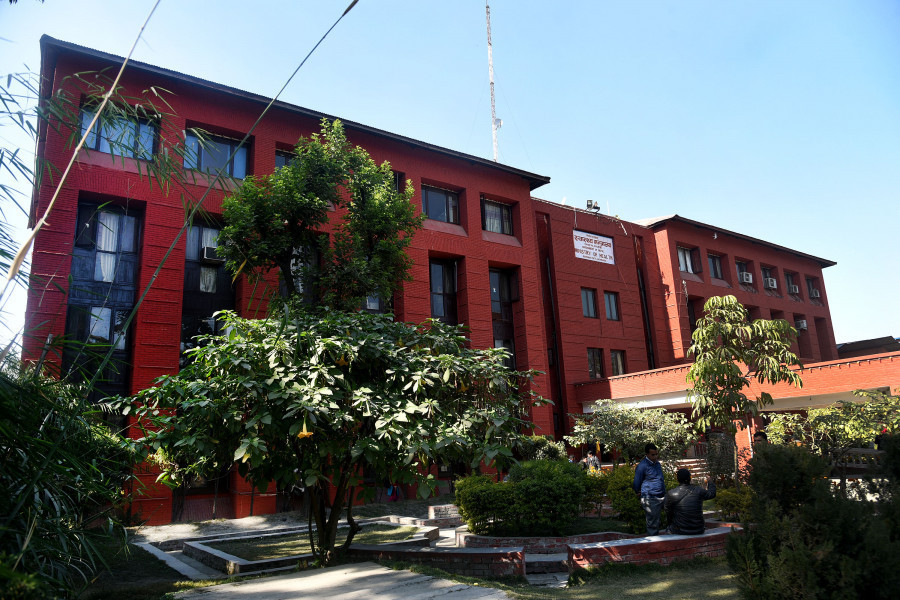Health
Government has not procured essential drugs for over 18 months
The essential drugs provided for free are key to preventing deaths by non-communicable diseases, doctors say.
Arjun Poudel
Thousands of people suffering from non-communicable diseases across the country have been deprived of free essential medicines for months, as the government hasn’t procured such drugs since the beginning of the fiscal year 2019-20.
People suffering from high blood pressure, diabetes, respiratory diseases, and heart ailments, among others, have been compelled to buy the medicines out of their own pockets or to discontinue consuming the drugs.
“The budget allocated for essential medicines for non-communicable diseases got frozen last fiscal year,” Dr Phanindra Prasad Baral, chief at Non-Communicable Disease and Mental Health section, told the Post. “We did allocate a budget to procure medicines this year, but the procurement process is yet to start.”
He, however, said that the budget for non-communicable diseases has been reduced this year to only around Rs 30 million from Rs 40 million last year.
The Ministry of Health and Population reduced the budget for treatment of non-communicable diseases by more than two-thirds during the last fiscal year compared to the funds allocated for 2018-19.
A total of Rs 135 million was set aside for the procurement of medicines for the treatment of non-communicable diseases in 2018-019.
The Ministry of Health and Population provides more than 70 different types of medicines for communicable and non-communicable diseases to all district hospitals with at least 25 beds. Patients get more than 60 types of essential medicines at primary healthcare centres and 35 types of drugs at health posts.
Doctors say medication for most non-communicable diseases—high blood pressure, diabetes, respiratory diseases, heart diseases—works only when taken regularly. They advise that those suffering from these ailments should not discontinue their medicines, even when their health returns to normal.
According to Dr Megnath Dhimal, chief researcher at the Nepal Health Research Council, 68 percent premature deaths in the country are responsible for non-communicable diseases.
The government has listed medicines for non-communicable diseases as essential drugs and committed to distributing them free of cost from state-run health facilities throughout the country.
“Yes, patients suffering from most non-communicable diseases can’t discontinue their medication without consulting the doctors,” Baral added. “This year we will procure and supply the medicine to the health facilities.”
Several studies show that two out of three deaths in Nepal are caused by non-communicable diseases. The country’s burden of non-communicable diseases has been ever-increasing.
Nepal Burden of Disease-2017, a report published by the Nepal Health Research Council, shows that non-communicable diseases are the leading causes of death—66 percent of all deaths—in the country. Among the non-communicable diseases, heart disease, chronic obstructive pulmonary disease, lower respiratory infection, and stroke are the leading killers.
Doctors say that authorities concerned should not take the issue of the medicine for non-communicable disease lightly, as a lot of people suffering from such ailments cannot afford to pay.
“Our experience from the coronavirus pandemic shows that people suffering from non-communicable diseases are highly vulnerable to communicable diseases such as Covid-19,” Dr Megnath Dhimal, chief researcher at the Nepal Health Research Council, told the Post. “Most people who died of Covid-19 were suffering from non-communicable diseases.”
Data from the Health Ministry shows that over 60 percent of the deceased were over 60 years of age. Among them, around 80 percent had underlying conditions such as high blood pressure, renal ailments, diabetes, respiratory problems, heart disease, and others.




 15.12°C Kathmandu
15.12°C Kathmandu














